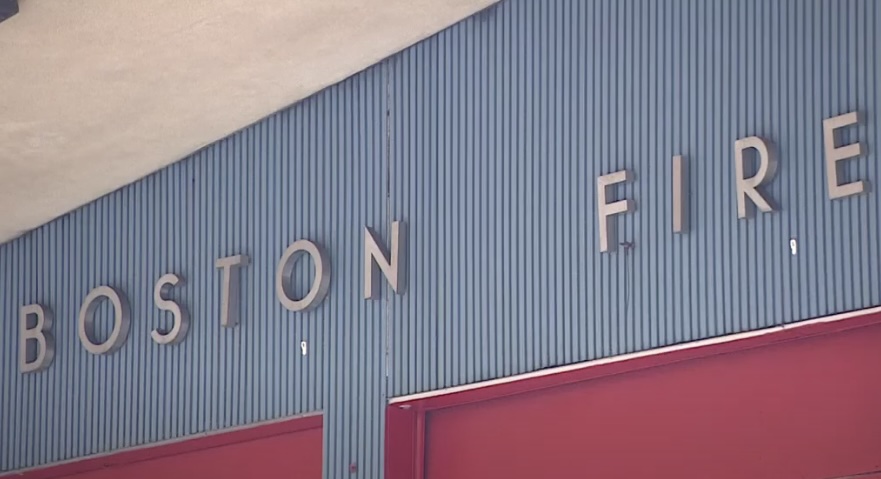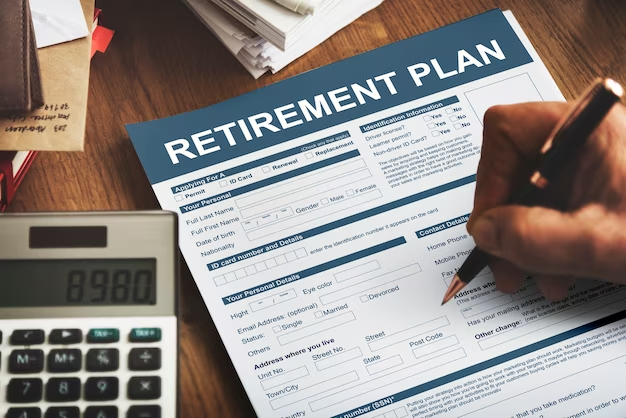Becoming a firefighter in Boston is not just about braving the flames; it’s a career that offers financial stability and growth. This article will delve deep into what a Boston firefighter can expect in terms of salary, benefits, and the factors that influence these figures.
Boston Firefighter Salary: The Basics

The salary of Boston firefighters is subject to a wide range of factors that can significantly influence their earnings. These factors include experience, rank, and additional qualifications. As of 2024, the salary statistics for Boston Fire Department firefighters can be quite varied. In this comprehensive guide, we’ll break down the details, including average salaries, salary ranges, and factors that impact firefighter compensation.
Average Salary for Boston Firefighters
As of 2024, the average annual salary for a Boston Fire Department firefighter is approximately $118,109. However, it’s essential to recognize that this is an average figure, and individual salaries can differ significantly based on several factors. Let’s delve into a more detailed breakdown of firefighter salaries in Boston:
| Salary Range | Annual Average |
| Minimum Salary | $108,923 |
| Maximum Salary | $126,055 |
| Top 10% Earners | Up to $144,395 |
| Highest Recorded | $230,724 |
These figures provide a clearer picture of the salary spectrum within the Boston Fire Department. The salary range from $108,923 to $126,055 covers the majority of firefighters, while the top 10% of earners can make as much as $144,395. It’s noteworthy that the highest recorded salary in the department is $230,724, indicating the potential for substantial income in this profession.
Hourly Pay
In addition to annual salaries, firefighters also receive an average hourly pay rate, which is particularly relevant when considering overtime or part-time work. As of 2024, the average hourly pay for Boston firefighters is approximately $56.78. This hourly rate can fluctuate based on various factors, such as overtime hours and additional responsibilities.
Factors Affecting Firefighter Salaries
Several key factors can influence the salary of Boston firefighters, leading to variations in compensation among individuals in the same profession. These factors include:
- Experience: The number of years a firefighter has worked in the Boston Fire Department plays a significant role in determining their salary. Typically, more experienced firefighters earn higher salaries.
- Rank: Firefighters can advance in their careers and assume higher ranks, such as Fire Lieutenant or Fire Captain. With promotions, firefighters often receive increased pay and responsibilities.
- Additional Qualifications: Firefighters who obtain additional certifications or qualifications, such as Hazardous Materials Technician or Emergency Medical Technician (EMT) certifications, may receive higher pay.
- Education: Some fire departments offer salary incentives for firefighters with higher education degrees, such as bachelor’s or master’s degrees in fire science or related fields.
- Job Responsibilities: Firefighters who take on specialized roles or responsibilities within the department, such as hazardous materials response or technical rescue, may receive additional compensation.
- Overtime: Firefighters frequently work overtime hours, which can significantly boost their annual income. Overtime rates are typically higher than standard hourly pay.
- Location: Firefighter salaries can vary based on the cost of living in different regions. Boston’s relatively high cost of living may impact salary levels compared to other cities or rural areas.
Additional Salary Data Sources
While the average salary for Boston firefighters is reported as approximately $118,109 annually, it’s essential to note that other sources may provide slightly different figures. Some reports suggest a broader range, with an average base salary of around $70,000 per year. This variation can be attributed to differences in data sources, methodologies, and the specific parameters used for salary calculations.
Benefits Beyond the Salary

While the salary is a significant aspect of a Boston firefighter’s compensation, there are additional benefits that enhance their overall compensation package. These benefits contribute to the attractiveness of the profession and ensure financial security and well-being. Here are some key benefits beyond the salary:
- Health Insurance: Boston firefighters typically enjoy comprehensive health coverage. This coverage extends to medical, dental, and vision care, providing essential support for their well-being and that of their families.
- Retirement Plans: Firefighters in Boston have access to robust retirement plans. These retirement packages often include defined benefit pension plans, which provide a reliable income stream after retirement, ensuring financial stability in the later years of their careers.
- Paid Leave: Paid leave is an essential component of a firefighter’s compensation. It includes vacation days, sick leave, and paid holidays. This allows firefighters to balance their work and personal lives while ensuring they receive pay during absences due to illness or vacation.
- Life Insurance: Many fire departments, including Boston’s, provide firefighters with life insurance policies. These policies offer financial protection to their families in case of unforeseen tragedies while on duty.
Understanding the Salary Structure
The salary structure for Boston firefighters is carefully regulated and determined by a combination of union contracts and city regulations. It comprises various components that make up a firefighter’s total earnings. Here are some key elements of the salary structure:
- Base Pay: Base pay is the foundation of a firefighter’s salary. It represents their regular wages, typically calculated on an hourly or monthly basis. Base pay can vary based on rank and years of service.
- Longevity Pay: Longevity pay is an additional component that rewards firefighters for their years of service. The longer a firefighter has been in the department, the higher their longevity pay, recognizing their dedication and experience.
- Stipends for Specific Skills: Firefighters may receive stipends for specialized skills or certifications. For instance, firefighters certified as paramedics or hazardous materials technicians may receive additional compensation for their expertise.
Salary Increases Over Time
A notable aspect of a Boston firefighter’s salary is its dynamic nature. Salary increases are common with each year of service, reflecting the growing experience and commitment of the firefighter. These increases are typically structured and may include annual increments as well as promotions to higher ranks, each accompanied by a salary adjustment.
Several key factors influence the salary of a Boston firefighter. Understanding these factors is essential for both firefighters and those interested in the profession:
- Union Negotiations: The firefighter’s union plays a crucial role in negotiating salaries and benefits on behalf of its members. Collective bargaining agreements and negotiations with the city administration determine pay scales.
- City Budget: The financial health of the city itself can impact salary scales. Budget constraints may limit the ability to provide substantial pay raises or additional benefits in a given year.
- Personal Performance: Exceptional service and dedication to the job can lead to merit-based raises. Firefighters who consistently perform above expectations and take on additional responsibilities may be rewarded with higher compensation.
Conclusion
The Boston firefighter salary is more than just a number; it reflects the city’s appreciation for the bravery and dedication of its firefighters. With competitive starting salaries, opportunities for growth, and comprehensive benefits, it’s a career that rewards in more ways than one.
For those considering a career as a Boston firefighter, the financial rewards are clear. Yet, the true value lies in the service and protection provided to the community. The Boston firefighter salary is a testament to the city’s commitment to its heroes.
FAQ
Q1: What is the starting salary for a Boston firefighter?
A1: The starting salary is competitive, with increases over time.
Q2: Are there opportunities for overtime pay?
A2: Yes, firefighters often receive overtime pay due to the nature of their work.
Q3: Do Boston firefighters receive additional benefits?
A3: Absolutely, benefits include health insurance, retirement plans, and more.
Q4: How does experience affect a Boston firefighter’s salary?
A4: Salary increases with experience, rank, and additional qualifications.
Q5: Is the Boston firefighter salary comparable to other major cities?
A5: Yes, it’s competitive with other major U.S. cities, though variations exist.